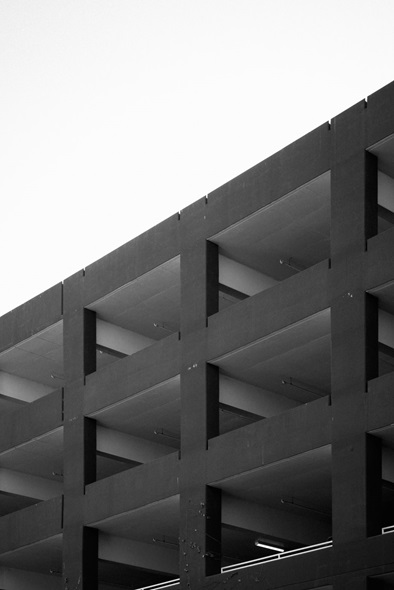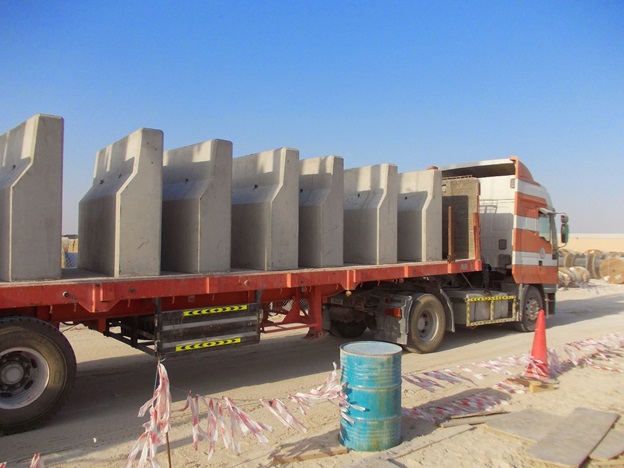Understanding Precast Concrete Construction
As a highly convenient alternative to cast-in-situ concrete, pre-cast concrete is typically cast in a mould at a site other than the actual construction site, such as in a factory or dedicated yard, under controlled conditions, and is then lifted to the construction site to be fixed securely.
Fundamentally, this means that pre-cast concrete construction is a monolithic process that involves building constructions made of separate pieces that are eventually bolted or sealed together before installation. This type of concrete is widely used for frameworks, wall cladding, interior and exterior walls, floors, staircases, along with a host of myriad other construction uses.
Reasons To Use Precast Concrete Construction

· Enables Production Of A Large Number Of Identical Components
Pre-casting is best for projects that require a large number of identical components. For example, let’s assume a project encapsulating the construction of 3500 identical apartments requires floor and wall slabs. Using pre-cast concrete, the process can be fast-tracked by manufacturing them at the yard and lifting them with the help of efficient transportation services to connect them on site.
· Eases The Construction Process
Since its typically produced in a purpose-built yard, the construction and curing can be done on ground level in a climate-controlled environment rather than at an elevated height with problems such as heat, dust, rain, or cold. It’s easy to use cutting-edge equipment to make, move, or pour the concrete, and it also allows the usage of specialized moulds, known as formwork, when making repetitions of the same component.
· High-Quality Components
All the components can be manufactured beforehand. This means quality control is more manageable, and the construction process is relatively faster as traditional methods can take up to 28-30 days to dry the concrete and engineers, or construction workers can only move on to another component once one set has finished drying. In contrast, pre-casting involves using concrete parts that have already reached full strength and just need to be assembled or sealed together.
Points To Consider

While there are several benefits of using pre-cast concrete in the construction process, the structural frame may sometimes not be monolithic and result in joints that cause structural discontinuity. Its crucial to work with ADNOC approved contractors to ensure they use the special sealants required to make the joints waterproof.
These pre-cast components are also extremely heavy and need appropriate transportation vehicle services, so always work with a team with extensive experience in providing plant equipment and transport services.
If you’re looking to speed up any construction project and save money while constructing proficient and sustainable structures, Obaid Alqubaisi Transport and General Contracting Est (OQC) provides a comprehensive range of services at their pre-cast yard in Habshan.
We have state-of-the-art ADNOC approved equipment and offer a wide range of versatile yet robust and durable services to meet the construction industry and civil work clients’ needs, including ready-mix services, accommodation service, and storage yards in Habshan.
Contact us at +971 2 884 2111 or +971 2643 0953 to learn more about our engineering and construction services.


